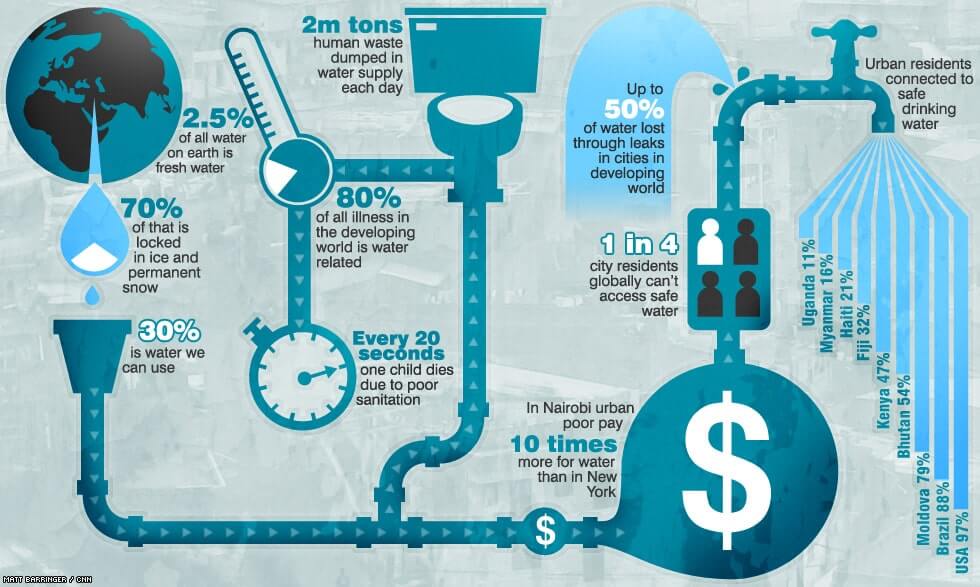The Future Of Home Heating - How Heat Pump Technology Is Evolving
The Future Of Home Heating - How Heat Pump Technology Is Evolving
Blog Article
Web Content By-David Goff
Heatpump will be a critical modern technology for decarbonising home heating. In a scenario regular with governments' introduced power and environment commitments, their international ability doubles by 2030, while their share in home heating rises to one-quarter.
They work best in well-insulated homes and rely on electricity, which can be provided from a renewable power grid. Technical breakthroughs are making them much more reliable, smarter and cheaper.
Gas Cells
Heatpump use a compressor, cooling agent, coils and fans to relocate the air and warmth in homes and home appliances. They can be powered by solar energy or electricity from the grid. They have actually been acquiring popularity because of their inexpensive, peaceful procedure and the capability to produce electricity during peak power need.
Some firms, like IdaTech and BG MicroGen, are servicing gas cells for home heating. https://www.kiro7.com/news/trending/mercedes-benz-agrees-massive-settlement-after-mold-found-growing-hvac-systems/UGF44HMF4BC7BPGJNNOG2Y4SKY/ can change a gas central heating boiler and generate several of a home's electric demands with a connection to the power grid for the rest.
However there are reasons to be cynical of using hydrogen for home heating, Rosenow states. It would be costly and ineffective compared to various other technologies, and it would certainly add to carbon discharges.
Smart and Connected Technologies
Smart home modern technology permits homeowners to connect and manage their tools remotely with the use of smart device apps. For https://contract-cleaning-compani73950.blogpixi.com/29581565/exploring-the-environmental-benefits-of-heat-pumps-a-lasting-home-heating-option , smart thermostats can discover your home heating choices and immediately get used to optimize energy usage. Smart lighting systems can be controlled with voice commands and automatically turn off lights when you leave the area, reducing power waste. And smart plugs can keep track of and handle your electric use, permitting you to identify and limit energy-hungry appliances.
The tech-savvy house portrayed in Carina's interview is a great image of exactly how passengers reconfigure space heating practices in the light of brand-new clever home innovations. They rely on the tools' computerized functions to accomplish day-to-day adjustments and regard them as a convenient methods of performing their heating practices. Thus, they see no reason to adapt their methods even more in order to make it possible for versatility in their home energy demand, and interventions focusing on doing so may face resistance from these families.
Electrical power
Since heating homes make up 13% of US discharges, a button to cleaner alternatives might make a huge distinction. However the innovation encounters obstacles: It's costly and calls for comprehensive home restorations. And it's not constantly compatible with renewable resource resources, such as solar and wind.
Until just recently, electrical heat pumps were as well pricey to take on gas versions in the majority of markets. Yet new innovations in layout and products are making them much more budget friendly. And better chilly environment efficiency is allowing them to function well also in subzero temperature levels.
The following step in decarbonising home heating might be the use of heat networks, which attract heat from a central resource, such as a nearby river or sea inlet, and disperse it to a network of homes or structures. That would certainly decrease carbon discharges and permit households to take advantage of renewable resource, such as environment-friendly power from a grid provided by renewables. This option would certainly be much less pricey than switching to hydrogen, a fossil fuel that calls for new infrastructure and would only reduce CO2 exhausts by 5 percent if coupled with enhanced home insulation.
Renewable resource
As power rates drop, we're beginning to see the very same trend in home heating that has driven electrical cars and trucks right into the mainstream-- but at an also faster rate. The strong climate situation for electrifying homes has been pushed additionally by new research.
Renewables account for a considerable share of modern-day warm consumption, yet have been provided limited policy focus internationally compared to various other end-use fields-- and even much less focus than electricity has. Partly, this reflects a mix of customer inertia, split incentives and, in several countries, subsidies for fossil fuels.
New modern technologies could make the shift much easier. As an example, heat pumps can be made more energy reliable by replacing old R-22 refrigerants with brand-new ones that do not have the high GWPs of their predecessors. Some specialists likewise imagine area systems that draw heat from a neighboring river or sea inlet, like a Norwegian arm. The cozy water can then be utilized for heating & cooling in a community.